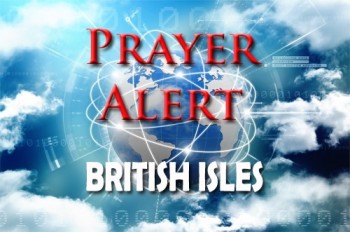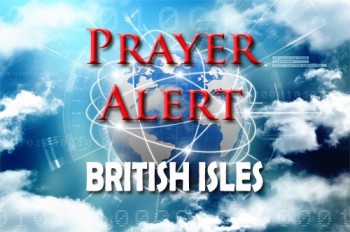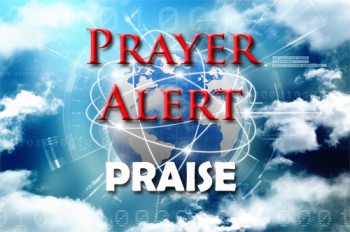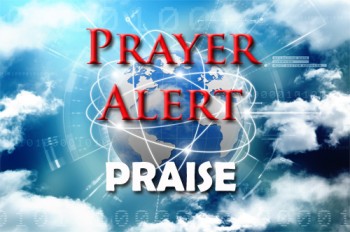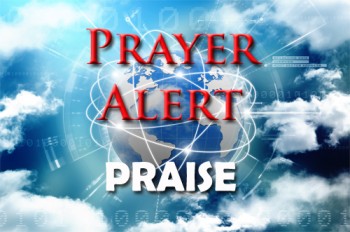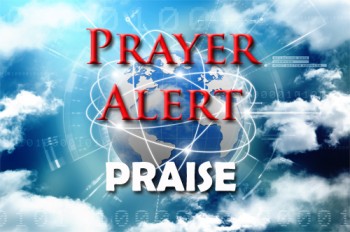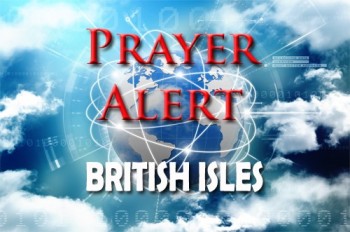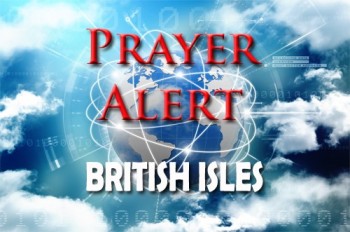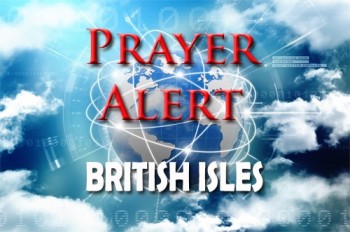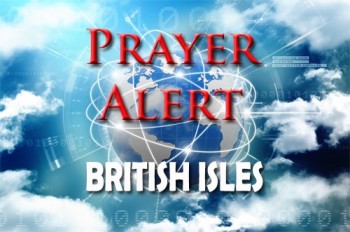BBC’s radical overhaul as new news channels are on the horizon
Ofcom reported, ‘the BBC is too white, middle class, and London-centric’ and the new BBC director-general believes ‘comedy output has left-wing partiality and needs a radical overhaul as TV and radio comedy are unfairly biased against Tories, Donald Trump and Brexit. He wants to restore ‘trust and confidence’ by reflecting all sides of the political divide. Tory MP Ben Bradley said that BBC comedy is Left-wing Tories and Brexit rants. ‘If they truly represent all licence-fee payers, that needs to change.’ Meanwhile, a new news channel is to be launched that will be ‘distinctly different from the out-of-touch incumbents’ and has already been awarded a licence to broadcast by Ofcom, under the name GB News. Its founder has said the BBC is a ‘disgrace’ that ‘is bad for Britain on so many levels’ and ‘needs to be broken up’. A rival project is also being devised by Rupert Murdoch’s British media empire. See
The distanced church
The following is based on ‘Reflections on Doing Church Online’ by a researcher in digital religion who points out that people are realising that online church can spiritually interconnect us when we are physically separated. Technological social interaction is growing with weekly congregational rhythms of regular online morning and evening prayers, musical worship (streamed or interactive) throughout the week; there are daily activities for children, regular ‘Sabbath’ breaks from news and digital media; eating meals together as a family, prayer and contemplation connections; assistance for working from home, shared Bible reading, the encouragement of responsible contact with neighbours, and recruiting for all manner of community support. We can pray that pandemic lockdown re-awakens the church to her mission and calling through fresh expressions of church. Many are saying building-centred churches may never recover from low attendance, and thus low collections, compounded by pandemic-related recession.
Hope for the Middle East
On 3rd September, a group of Christians uploaded a video on YouTube, entitled The Greater Middle East Blessing. In the video, Christians from 11 nations in the greater Middle East, sing The Lord’s Prayer and The Blessing in 8 different languages. The opening sequence of the video states that they came together across political, ethnic and language divides to pray for, and bless, their region. It communicates hope to the hearts of those who watch it and hope for the Middle East because Christ is there through His Church. May it also encourage people to pray for, and stand with, our brothers and sisters in the Middle East, as they continue to be salt and light in the region. see
Deeper friendship between Israel and Germany
During the last two weeks in August and for the first time ever, 185 Israeli Air Force pilots went to Germany for training in joint manoeuvres with German pilots. They also joined together to remember victims of the Holocaust and the massacre of Israeli athletes at the Olympic Games in Munich in 1972. This was a very moving expression of a growing trust and deeper friendship between Israel and Germany. God uses our hearts as places of transformation in order to literally turn the world up-side-down.
Global prayer initiatives and invitation
There has been a sensing among prayer leaders around the world of a significant corporate calling to identificational repentance for our nations. Christians have been led simultaneously to draw the Church together to pray concertedly in the spirit of ‘If my people…’ (2 Chron 7:14) for the healing and renewing of each of our lands. This has culminated in a number of online events and initiatives that are taking place over the next two months. Some of these are detailed in International Prayer Connections Prayer-Alert intercessors are invited to join the first of these united prayer events, which will be a World Prayer Together call on 19 September. See also UK article on National Day of Prayer.
Sudan signs peace deal with rebel coalition
Sudan’s government has reached a peace agreement with a coalition of rebel groups from Darfur and other regions in the country. The agreement, which should end a civil war that has raged since 2003 and has killed 300,000 people in Darfur alone, covers land ownership, power-sharing between all parties involved, and the return of people who have fled their homes in the civil war. Rebel forces will be dismantled, but fighters will have the opportunity to join the Sudanese military. There is hope for the future. Todd Nettleton of Voice of the Martyrs says, ‘This agreement should, at least in theory, pave the way for peaceful coexistence within Sudan. Hopefully, a nation that is not focused on fighting against others within its borders can focus instead on development and on moving forward to what we hope will be a civilian rule.’
Petition for national day of prayer
A petition launched by evangelist David Hathaway calls on the Prime Minister to hold a national day of prayer in response to the pandemic. For details, see David said, ‘Historically, only prayer has delivered this nation in a time of crisis, as seen both in WW1 in 1918 and even more so in WW2. When we have no human answer to the coronavirus which has devastated both health and our economy, we must seek God’s answer.’ The petition’s opening statement asks for churches to be open for prayer and worship without restriction for the day: ‘We ask you to remember and recognise the strong Christian heritage of this nation and the power of prayer, which is greater than any other power on earth.’ A separate petition, launched by Susan Hawkes in March and also calling for a national day of prayer, has received over 65,600 signatures.
Back to school - mental health
As schools across the UK reopen, teachers could face an influx of children facing an emotional and mental health crisis. Pray for teachers, parents, churches, and agencies who will be working to alleviate an expected emotional health crisis. Pray for the teachers, who will already be aware of the specific challenges that their community faces. May God anoint each one as they draw on their skills to provide emotional and academic guidance. Some children may not have held a pen or got up at 7am since March; consequently different pupils in the same class will have had different experiences of the lockdown period. They will also have varying levels of coping skills and resilience in dealing with those experiences. Teachers attempting to help these children may feel overwhelmed themselves. Pray that they are wisely supported by outside agencies and community groups. Pray for children displaying challenging behaviour to receive appropriate extra mental health support.
Farming and the land
Most crops will get harvested. But yields are low, and many farmers will feel they have ‘sown much, but reaped little’ (Haggai 1:6). Yet, given the weather conditions earlier this year, farmers are glad to have a crop at all, while many fruit trees have yielded well. Give thanks for this sign of the Lord’s continuing mercy and faithfulness. Pray for better conditions this autumn and next spring, so that crops can make a good start and yield well next year. Pray for farmers to recognise their dependence on the One who causes the crops to grow (Psalm 104:14 and 64:9-13) and reach out to seek and know Him as their Saviour and Lord. The Agriculture Bill will continue its progress towards royal assent. Pray for the Government, the NFU, and for all involved in shaping the future of farming and food production (1 Timothy 2:1-2).
Pandemic legacy: serious household debt
Data from the Bank of England released on 1 September show an increase in mortgage and household borrowing. StepChange debt charity says this may point to the financial pressures many households face, which will crystallise into serious debt problems when unemployment support and payment holidays end. Since May, StepChange has published a monthly breakdown of trends to understand how the pandemic is affecting household debt, and to focus on the best ways of helping people. In July it gave advice to 14,000 clients, but this number is artificially suppressed by government support mechanisms still in place. However, a notable feature in July is the trend toward greater unemployment worries. Not only has the proportion of unemployed clients increased, but searches about redundancy on the charity's website saw a massive 1,800% increase in July compared with June. StepChange said, ‘It’s absolutely vital that we see ongoing support to help people get through the next period, whether they are in employment or not, if we are to avoid entrenching problem debt as a long-term legacy of the pandemic.’

